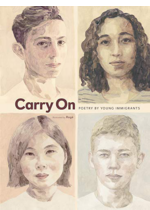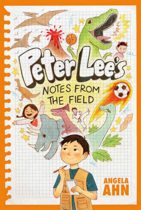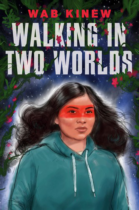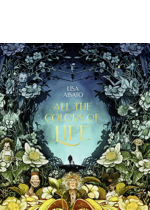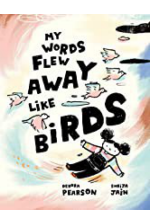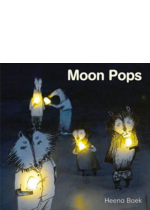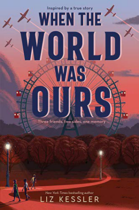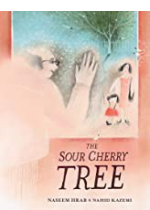
After her grandfather’s death, a young girl wanders through his house. As she tours each room, the objects she discovers stir memories of her grandfather—her baba bozorg. His closet full of clothes reminds her of the mints he kept in his pockets. His favorite teacup conjures thoughts of the fig cookies he would offer her. The curtains in the living room bring up memories of hide-and-seek games and the special relationship that she and her baba bozorg shared, even though they spoke different languages.

